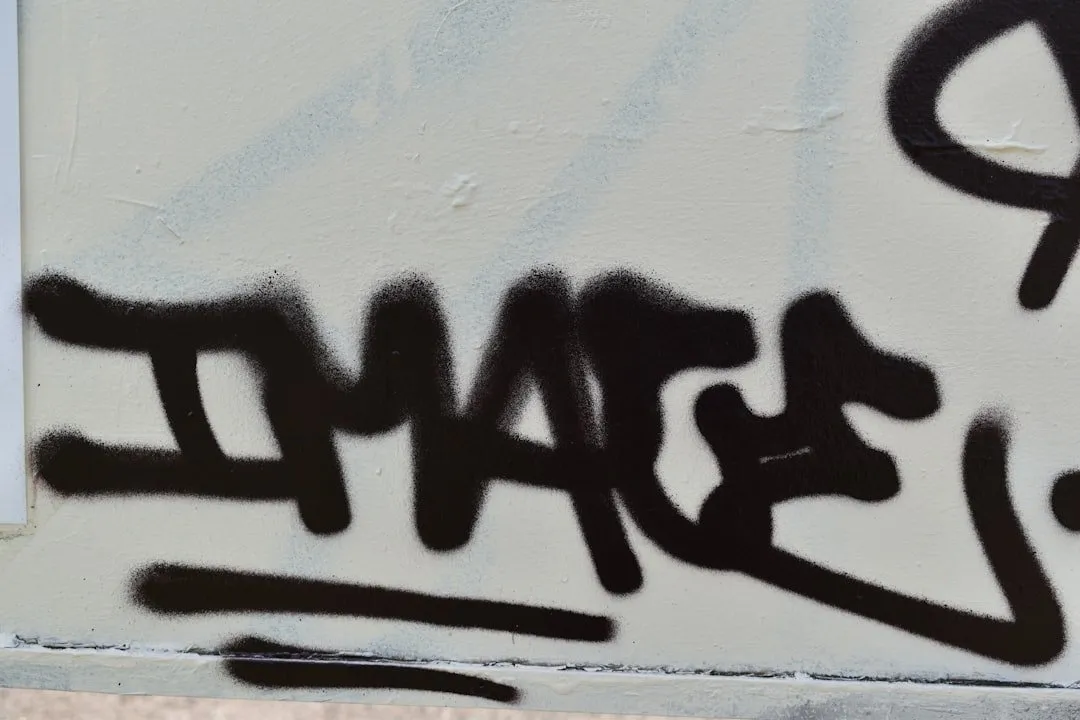Kratom, a Southeast Asian tropical plant, has gained attention for its potential stress and anxiety-relieving properties, though it's banned in Louisiana due to controversy. Its primary compound, mitragynine, interacts with opioid receptors, offering painkiller-like effects with reduced addiction risk. However, due to regulatory hurdles and ongoing debates about safety and efficacy, incorporating kratom into wellness routines should be done cautiously, especially considering the kratom ban in Louisiana. Safe consumption requires understanding dosage guidelines, individual reactions, and consulting healthcare professionals before use. Legal alternatives like herbal extracts, essential oils, mindfulness practices, yoga, and therapy offer accessible options for stress management outside of the kratom ban Louisiana.
“Unwind and reclaim your calm with an exploration of kratom supplements as a potential solution to stress and anxiety. This comprehensive guide delves into the world of kratom, its unique effects on mental well-being, and its recent controversy in Louisiana following the kratom ban.
We’ll navigate the implications of this ban and offer practical alternatives for those seeking natural relief. Additionally, discover expert advice on safe use and dosage guidelines to ensure a responsible approach to incorporating kratom into your wellness routine.”
- Understanding Kratom and Its Effects on Stress and Anxiety
- The Kratom Ban in Louisiana: Implications and Alternatives
- Safe Use and Dosage Guidelines for Kratom Supplements
Understanding Kratom and Its Effects on Stress and Anxiety

Kratom, scientifically known as Mitragyna speciosa, is a tropical plant native to Southeast Asia that has gained significant attention for its potential therapeutic benefits, especially in managing stress and anxiety. Despite its controversial status, which includes a kratom ban in Louisiana and other regions, many advocate for its use as a natural remedy. The plant contains various compounds called alkaloids, with mitragynine being the primary active compound known to influence mood and provide relaxation without inducing drowsiness.
When consumed, kratom interacts with the body’s opioid receptors and has been shown to have effects similar to prescription painkillers but with less potential for addiction. It can stimulate feelings of euphoria and well-being while also reducing anxiety and stress. The unique alkaloid profile offers a different experience from traditional anti-anxiety medications, making it an appealing option for those seeking alternative solutions. However, it’s crucial to approach kratom use with caution and consult professionals, especially given regulatory hurdles like the kratom ban in Louisiana, which reflects ongoing debates around its safety and efficacy.
The Kratom Ban in Louisiana: Implications and Alternatives

In 2016, Louisiana joined several other states in implementing a complete kratom ban. This decision was prompted by concerns over the potential risks associated with kratom use, including its addictive properties and possible adverse health effects. However, the sudden removal of this natural supplement from the market has left many residents without accessible options for managing stress and anxiety.
The Kratom Ban in Louisiana has significant implications for individuals seeking alternative remedies. Fortunately, there are still viable alternatives available. Some people have turned to other herbal extracts or essential oils known for their calming properties. Additionally, modern integrative medicine offers a range of evidence-based practices like mindfulness meditation, yoga, and therapy, which can effectively reduce stress and anxiety without relying on any supplements. These alternatives provide Louisiana residents with safe and legal ways to manage their mental well-being.
Safe Use and Dosage Guidelines for Kratom Supplements

Kratom supplements have gained popularity as an alternative remedy for stress and anxiety, but it’s crucial to approach their use with caution, especially considering the kratom ban in Louisiana. Safe use necessitates understanding dosage guidelines, as excessive consumption can lead to adverse effects. Start with the lowest possible dose, typically around 1-3 grams of dried leaf powder, and gradually increase if needed, monitoring your body’s response carefully. It’s essential to remember that individual reactions vary, so what works for one person might not be suitable for another.
Additionally, consistent usage is key; kratom’s effects may not be immediately noticeable, and regular intake over several days or weeks is often required to experience its full potential in managing stress and anxiety. Always consult with a healthcare professional before incorporating any new supplement into your routine, especially considering pre-existing health conditions or current medications. Staying within recommended dosage ranges ensures the maximum benefits while minimizing potential risks, avoiding complications that could lead to further health issues, particularly in areas with kratom bans like Louisiana.
Kratom has shown promise as a natural alternative for managing stress and anxiety, but it’s important to approach its use with caution, especially considering the recent kratom ban in Louisiana. While alternatives exist, understanding safe usage guidelines is crucial to avoiding potential risks. Further research and personal responsibility are key to harnessing kratom’s benefits while navigating regulatory changes.














